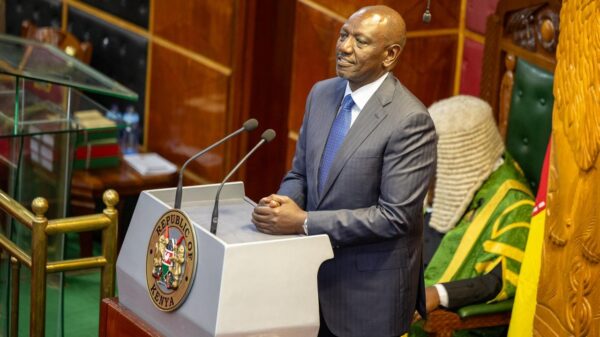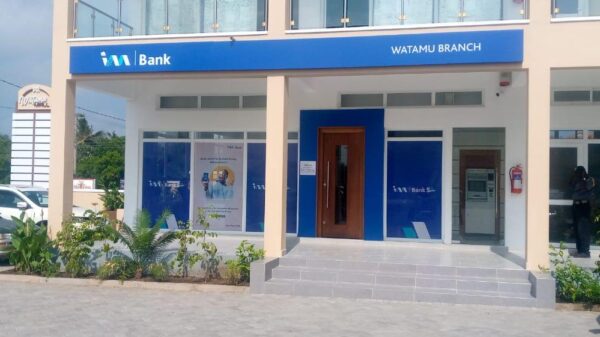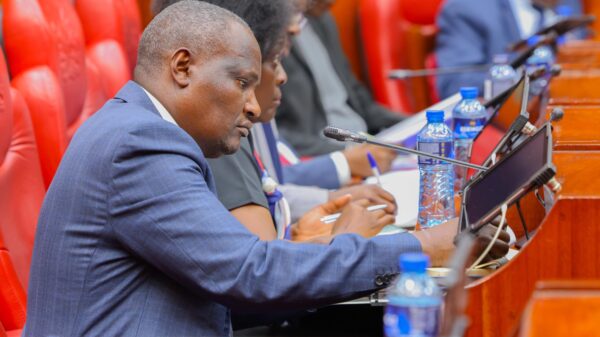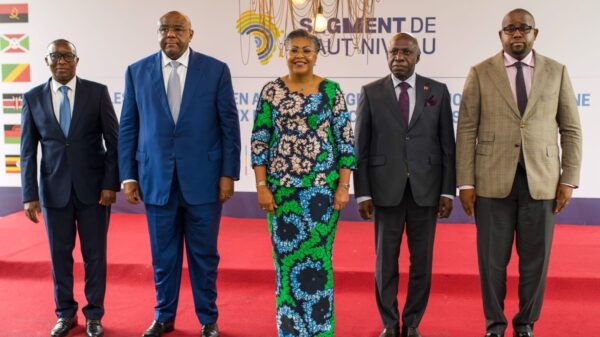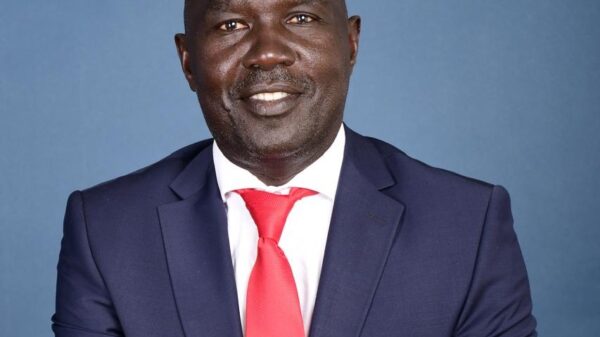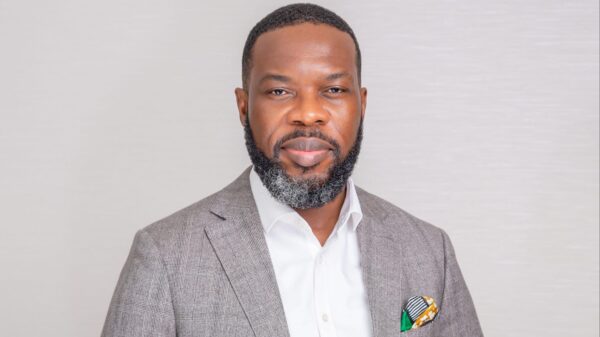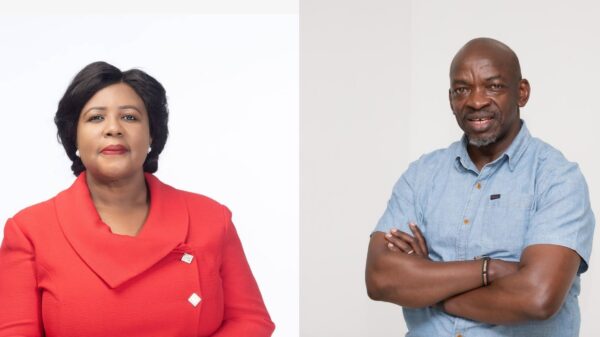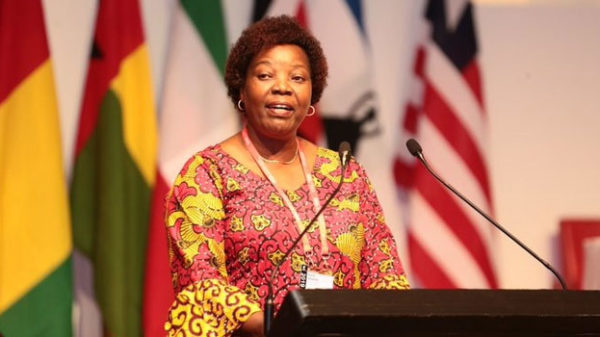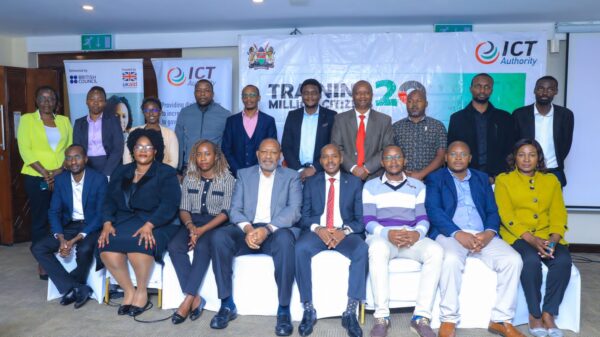NAIROBI, Kenya, Nov 20 — African enterprises face mounting pressure to adapt as global economic uncertainties, technological disruption, and climate imperatives reshape the world of work, Jacquiline Mugo, CEO of the Federation of Kenyan Employers (FKE) and International Organization of Employers (IOE) representative, has warned.
Speaking at the B20 Summit in Johannesburg, Mugo highlighted the urgent need for businesses across Africa to upskill and reskill their workforce to remain competitive in a rapidly evolving global economy.
“It is wonderful to be here today and speak on behalf of employers in the world. The International Organization of Employers is actually the voice of employers globally, representing some 50 million enterprises,” she said.
She noted that despite pockets of progress, particularly in South Africa, the continent remains constrained by outdated skills frameworks and low productivity, threatening business sustainability and limiting job creation for Africa’s growing youth population.
“Unless we are able to enhance the sustainability of our enterprises and the productivity that comes from those enterprises, then this huge problem will continue, and we continue to have the realities of having a large segment of young population not having jobs that we need,” Mugo added.
She pointed to the growing disconnect between existing workforce skills and emerging business needs driven by digital technologies, noting that over 100 million workers globally require urgent upskilling.
Mugo urged governments and businesses to collaborate on actionable strategies for skills development, entrepreneurship, and productivity improvement. She noted that while the IOE invests in training programs and entrepreneurship initiatives worldwide, scaling these interventions across Africa remains a challenge.
“Addressing these structural and skills gaps is critical not only for business growth but also for broader economic development and social stability on the continent,” Mugo said.

